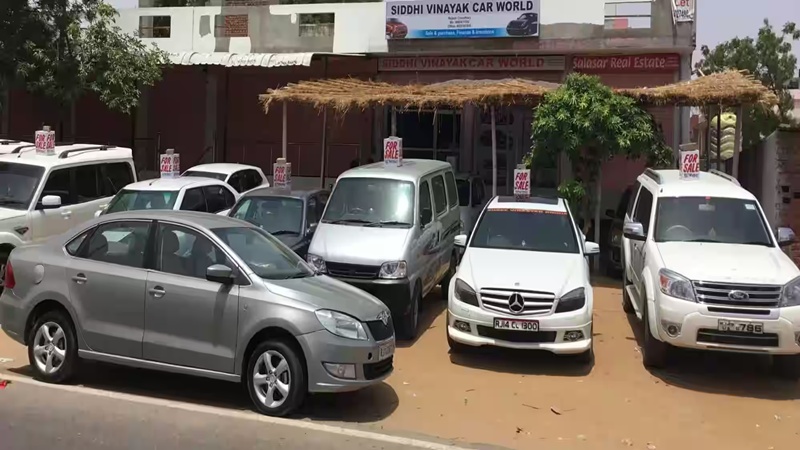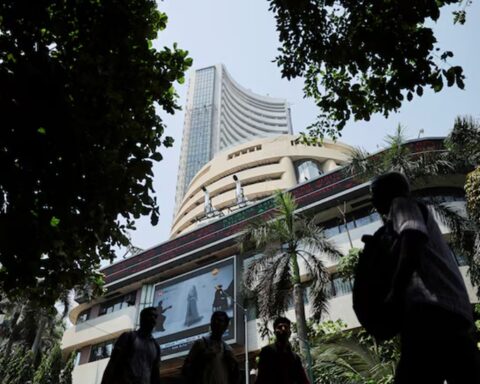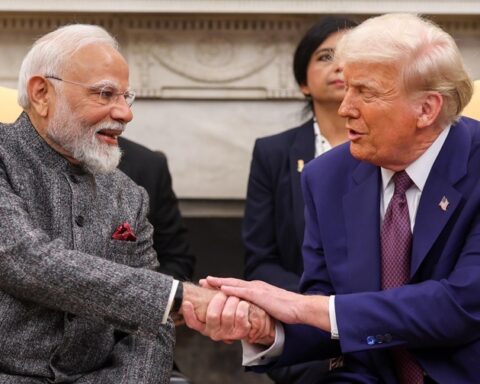New Delhi (PTI) A registered person will have to pay GST on sale of old and used vehicle only if the seller has earned a margin, which is the selling price is higher than the depreciation adjusted cost price of the vehicle, sources said.
The GST Council in its meeting last week decided to prescribe a single rate of 18 per cent on sale of all old and used vehicles including EVs, earlier leviable at different rates.
If an individual sells old and used car to another individual, GST would not be applicable.
Sources said where the registered person has claimed depreciation under Section 32 of the Income Tax Act 1961, GST is payable only on the value representing the margin of the supplier, that is the difference between consideration received for the supply of such goods and the depreciated value of such goods on the date of supply.
“Where such margin is negative, no GST is payable,” a source said.
For example, if a registered person is selling an old and used vehicle to any person at Rs 10 lakh, where the purchase price of the vehicle was Rs 20 lakh and has claimed depreciation of Rs 8 lakh on the same under Income Tax Act, then he is not required to pay any GST as the margin of the supplier, that is differential value of the selling price (Rs 10 lakh) and the depreciated value which is Rs 12 lakhs, is negative.
In case the depreciated value in the above example remains the same at Rs 12 lakh and the selling price is Rs 15 lakh, GST will be payable on the margin of the supplier i.e on Rs 3 lakh at the rate of 18 per cent.
In any other cases, GST is payable only on the value that represents the margin of the supplier i.e. the difference between selling price and the purchase price. Again, where such margin is negative, no GST is payable.
For example, if a registered person is selling an old and used vehicle to any person at Rs 10 lakh, where the purchase price of the vehicle by the registered person was Rs 12 lakh, then he is not required to pay any GST as the margin of the supplier is negative in this case.
In cases where the purchase price of the vehicle was Rs 20 lakh and the selling price is Rs 22 lakh, GST of 18 per cent will be payable on the margin of supplier, that is, Rs 2 lakh.
EY Tax Partner Saurabh Agarwal said the GST Council has recommended increasing the GST rate on old and used EVs and small fossil fuel cars from 12 per cent to 18 per cent, aligning it with the rate for larger cars and SUVs.
It’s important to note that GST on second hand vehicles will be applied only on margins and not on sale value of vehicles (sale value less income tax depreciated cost of vehicle or purchase price, as the case may be).
Prior to the proposed amendment, GST on second hand EVs was applicable on the complete sale value of the vehicle.
” Therefore, the proposed change should not be looked as a deterrent for second hand EVs. This should in turn be a welcome step as it would likely bring down the cost for second hand EVs (till the time margins earned are less than 27.78 per cent of the purchase price). At best, it will increase the cost of second hand small fossil fuel cars by 0.6-1.5 per cent (assuming margins would range for 10-25 per cent of purchase price),” Agarwal said.
This proposal appears to be in line with the vision of the government where they want to restrict pollution levels arising due to rapidly growing second hand car market, he added.
AMRG & Associates Senior Partner Rajat Mohan said for EVs, which already benefit from government incentives to promote their adoption, the hike in GST on resale could slightly deter cost-sensitive buyers, potentially impacting the overall EV penetration in secondary markets.
” Dealers will now need to maintain impeccable records of transactions to comply with these changes effectively. While this revision boosts revenue potential for the government, it demands adaptability from businesses and awareness among consumers regarding the net impact on resale pricing,” Mohan added.





